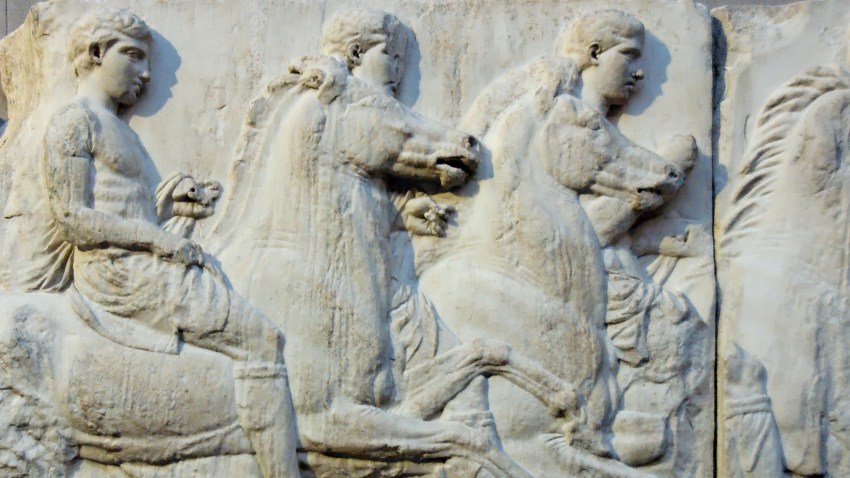Art and culture are two pillars on which all societies build both identity and a sense of community. But despite the common function of culture in general, the task of developing coherent cultural-heritage laws and policies is complicated by the complexities of particular nations' and cultures' interactions with one another as well as the difficulty of finding concepts that are meaningful to all in order to define the resulting legal relationships. Western notions of property, ownership and restitution, for example, may not translate to other cultures, some of which function according to systems of beliefs and values that run counter to such notions.
Unlike other forms of "property," to which traditional rights are more easily assigned, the formulation of rights in cultural property is complex and fact-specific. Questions about cultural identity and the ownership of culture, and more particularly of the repatriation and restitution of cultural artifacts, implicate broader issues of ethics, globalization, state sovereignty, governance and distribution. The context in which cultural heritage is generated and preserved is important to its meaning, which not only varies depending on the cultural community from which the term and definition emanate, but also depends on the purpose and strategic use for which both term and definition are employed.
For example, when Philippe de Montebello, former director of the Metropolitan Museum, stated that "whether legally excavated or not, cultural objects have intrinsic qualities from which one can learn a great deal," his statement represented the views and priorities of a cultural internationalist, for whom truth, access and preservation trump issues of return, restitution or repatriation. This notion of cultural property has its origin in an oft-quoted 1986 article by John Henry Merryman, "Two Ways of Thinking About Cultural Property," and contrasts sharply with indigenous and nationalist views. For the former, Western notions of property may have no relevance. For the latter, cultural context and identity politics require return.

